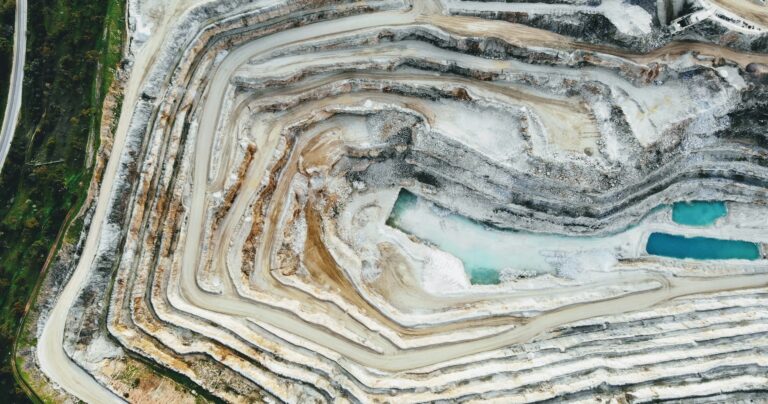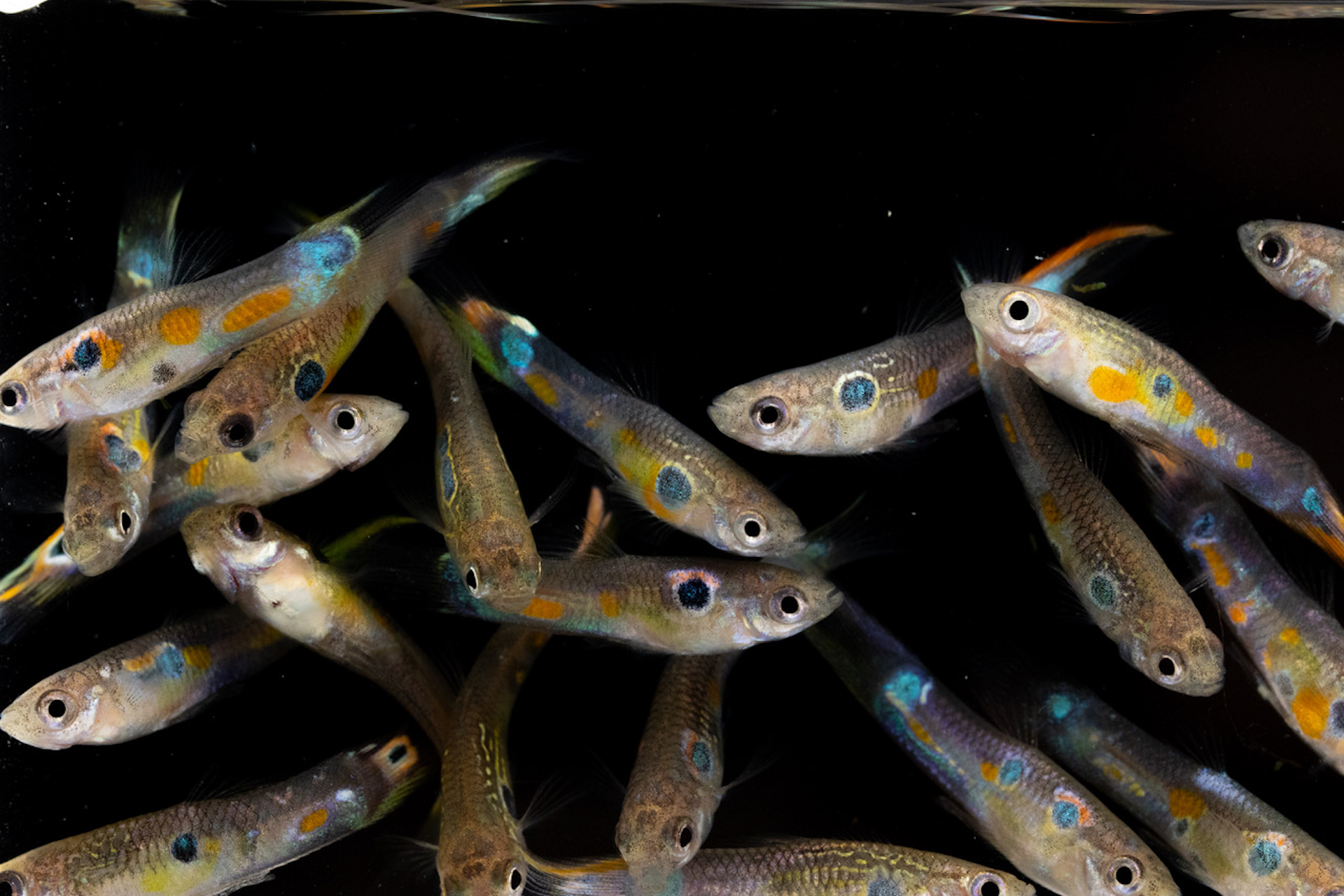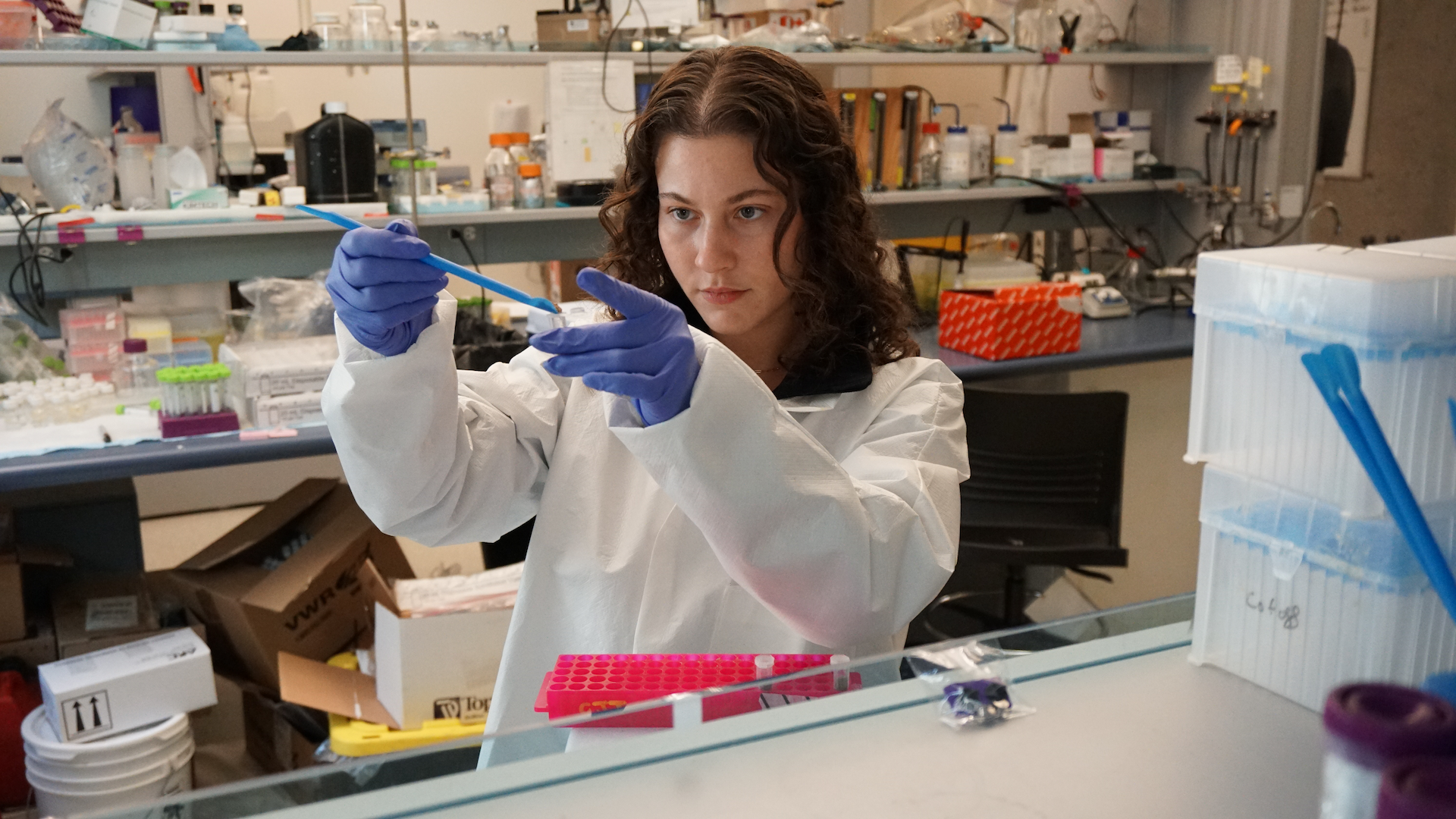Q&As
-
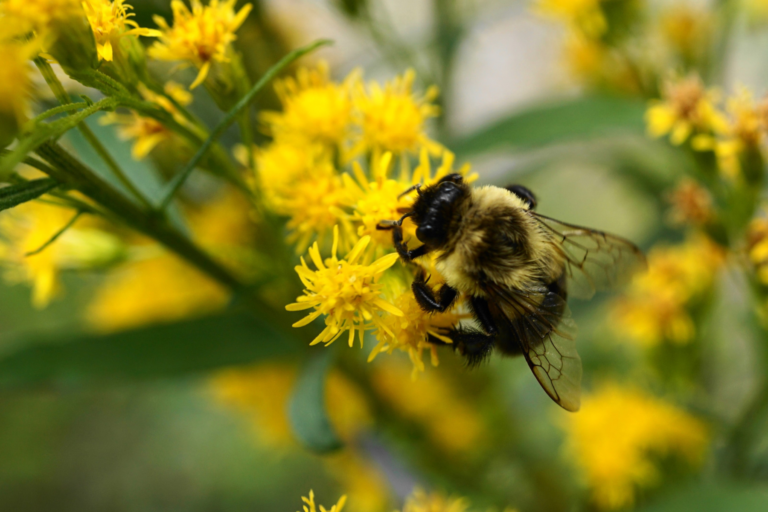
Introduced bumble bee dominates Lower Mainland pollinator surveys
Scientists at UBC are raising concern about the number of common eastern bumble bees—an introduced species—that they are finding in the wild and across the Lower Mainland.
-
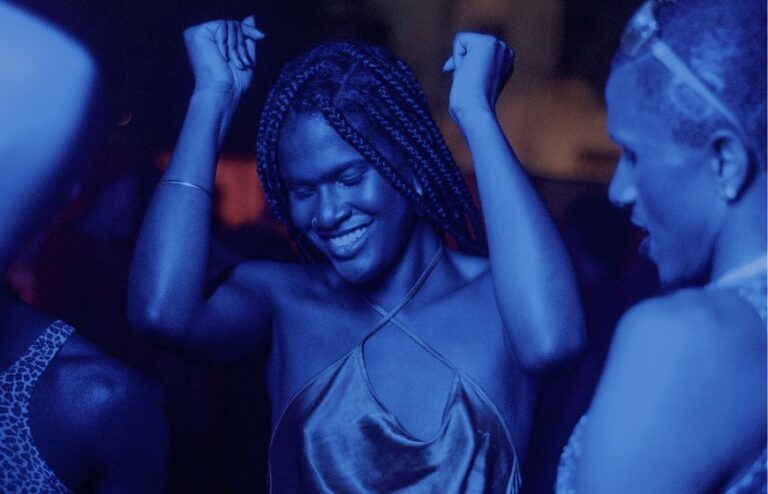
Radically inclusive new nightlife scenes emerge from ashes of closed gay bars
UBC sociologist Dr. Amin Ghaziani's new book explores how queer, trans and racial minorities are replacing traditional nightlife with radically inclusive parties.
-
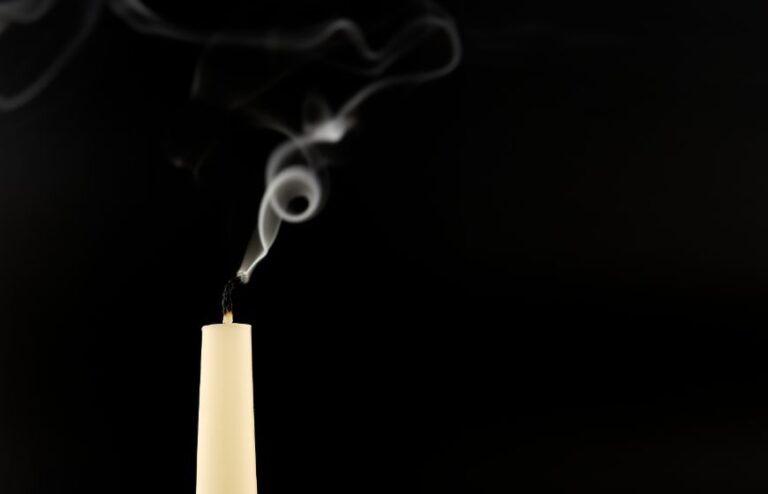
Unprecedented field work leads to new book about how to stop youth suicide from spreading
UBC sociologist Dr. Seth Abrutyn gained insight into suicide contagion through years of field work in a small U.S. community which he calls Poplar Grove. We spoke with Dr. Abrutyn about the work.
-
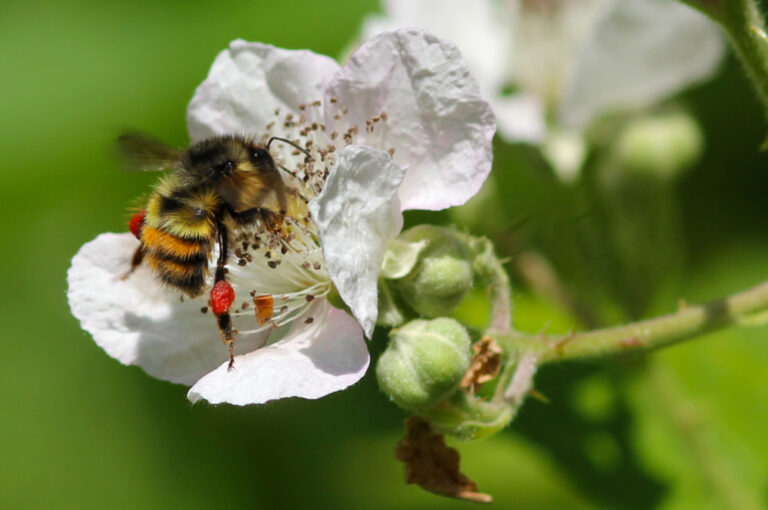
Where the wild bees are—and aren’t—impacts food supply
New research led by landscape ecologist Dr. Matthew Mitchell highlights the link between lost wild pollinators and food production in Canada, and proposes ways the public can contribute to protecting wild bees.
-
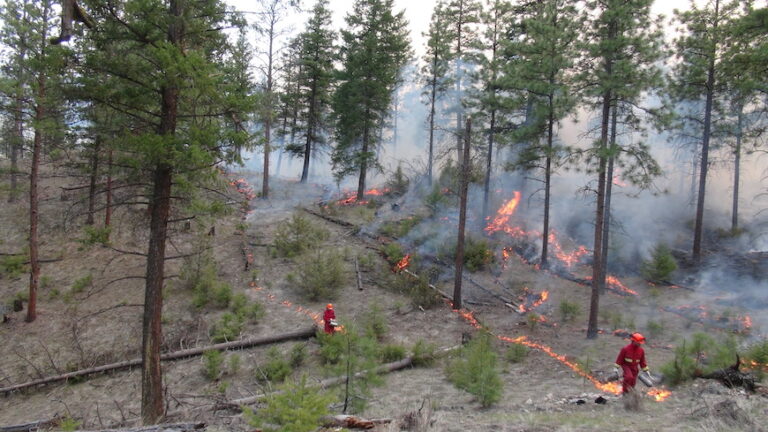
The 2024 wildfire season has started – here’s what we need to know
We spoke with UBC researchers Dr. Lori Daniels and Dr. Mathieu Bourbonnais about the outlook for wildfire season, and how communities can prepare for a challenging year.
-

Why your plans to age in place need to start now
Dr. Karen Humphreys, clinical instructor from UBC’s faculty of medicine and internal medicine specialist, pulls together advice on fitness, functionality and financial health for the wave of Canadian baby boomers who may soon find themselves in a social safety net that is fraying under their weight.
-
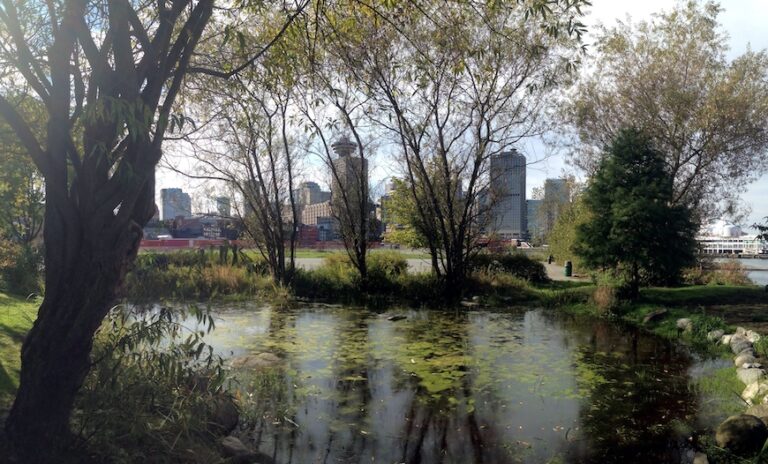
Young people at the centre of the toxic drug crisis
Dr. Danya Fast captures the experience of youth who use drugs in her new book, The Best Place: Addiction, Intervention, and Living and Dying Young in Vancouver.
-
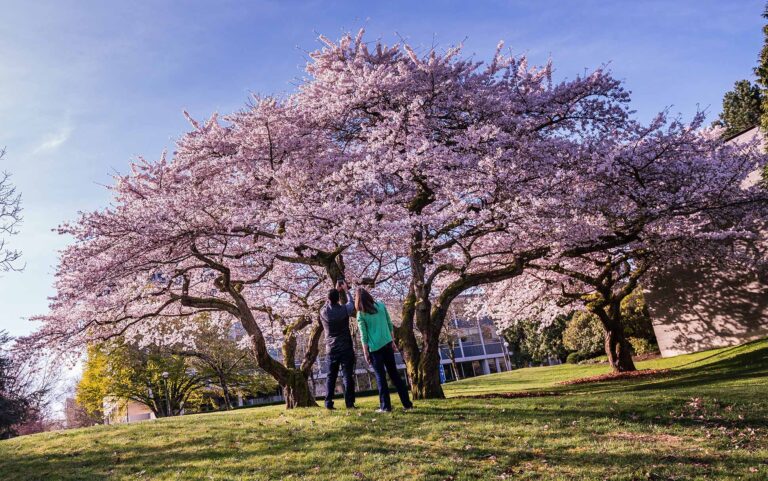
Global contest aims to predict peak bloom dates for cherry blossoms
We spoke with Dr. Elizabeth Wolkovich at UBC Faculty of Forestry and her colleagues about why the competition is significant for both researchers and citizens.
